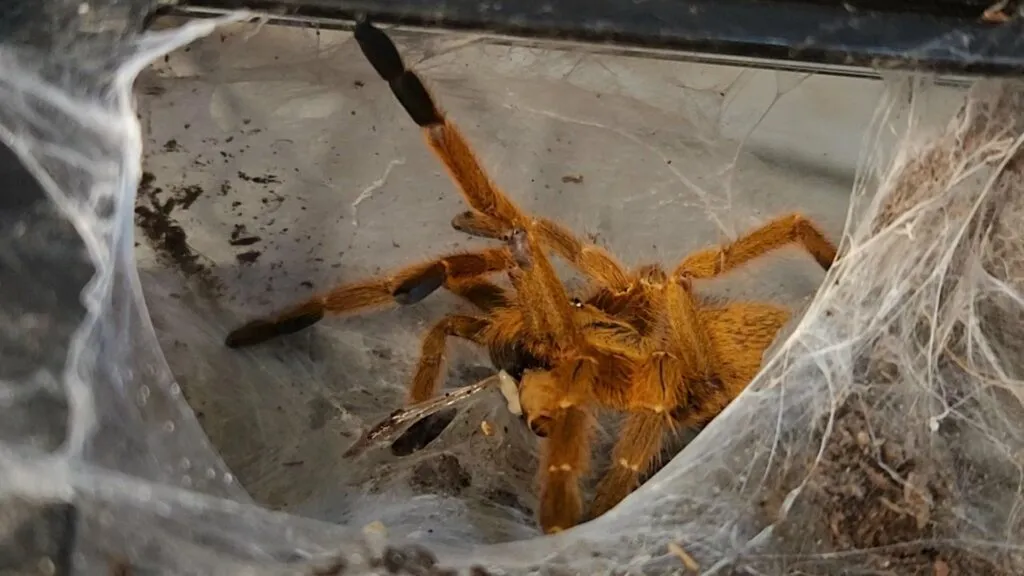Why Buy a Tarantula in Dubai?
Dubai, a city known for its luxury and diverse attractions, is also home to a growing community of exotic pet enthusiasts. Buying a tarantula in Dubai can be an exciting experience, offering a unique pet that is relatively low-maintenance compared to other animals. These fascinating creatures provide an opportunity to learn about arachnids and their behaviors. Tarantulas can also be a great conversation starter and a unique addition to your home. However, potential owners should be aware of the responsibilities and care requirements associated with these exotic pets before making a purchase. The growing interest in tarantulas for sale in Dubai reflects a trend towards unique pet ownership in a city that embraces diversity and novelty.
Dubai’s Tarantula Market Overview
The market for tarantulas for sale in Dubai has been steadily growing, with several pet stores and online platforms offering a variety of species. The availability of tarantulas often depends on import regulations and the specific species’ popularity. When looking to buy a tarantula, it’s essential to research local pet stores and breeders to ensure they comply with all regulations. This helps confirm that they have a good reputation for the welfare of their animals. The demand is fueled by their relatively easy care and the exotic appeal they bring. This guide aims to provide essential information for anyone looking to enter the world of tarantula ownership in Dubai.
Tarantulas For Sale Common Species
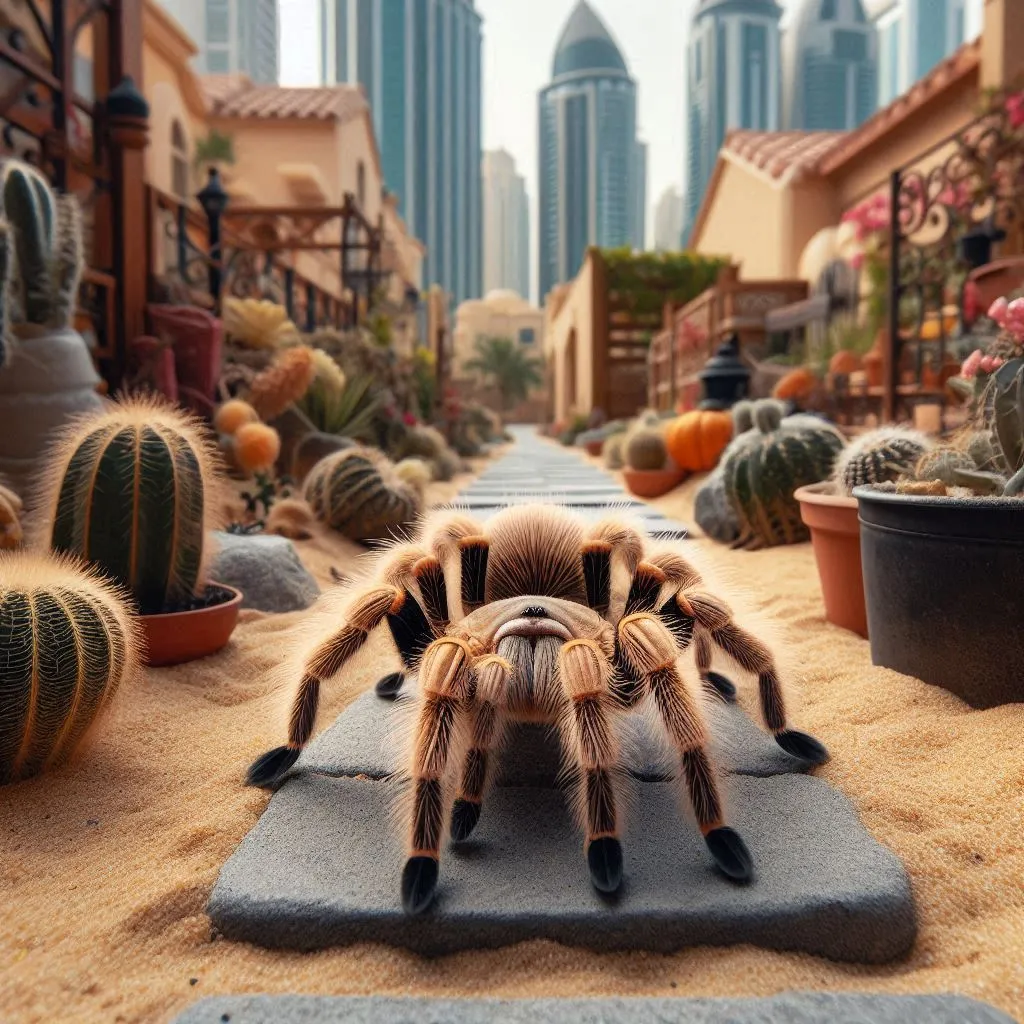
Several tarantula species are commonly available for sale in Dubai. Each species offers its unique characteristics in terms of appearance, temperament, and care requirements. Some popular choices include the Chilean Rose Hair tarantula, known for its docile nature and ease of care, making it an excellent choice for beginners. The Mexican Red Knee tarantula is another favorite, recognized for its vibrant colors and striking appearance. Other species like the Pink Zebra Beauty and the Gooty Sapphire Ornamental are also available, but may require more advanced care due to their specific needs. When selecting a species, consider your experience level and the specific care requirements to ensure you can provide a suitable environment.
The Most Popular Tarantula Species in Dubai
The popularity of specific tarantula species in Dubai can fluctuate based on availability, appearance, and ease of care. The Chilean Rose Hair tarantula consistently ranks high due to its gentle nature and suitability for novice owners. The Mexican Red Knee tarantula remains popular because of its striking appearance and relatively manageable care requirements. Species like the Greenbottle Blue and the Cobalt Blue tarantula are popular among experienced keepers who appreciate their vibrant colors. Owners often choose tarantulas based on their aesthetic appeal and their compatibility with their lifestyle and experience level. Before buying, it is crucial to research the specific needs of each species to ensure a good match.
Dubai Tarantula Buying Considerations
Before purchasing a tarantula in Dubai, several key factors should be considered. First, research the specific needs of each tarantula species you are interested in, as care requirements vary. Second, check for any legal restrictions on owning exotic pets in Dubai, as regulations can change. Third, identify reputable sellers or breeders in Dubai. This helps ensure that you purchase a healthy tarantula from a reliable source. Verify the tarantula’s health, activity level, and any history of molting before purchase. Preparing your enclosure in advance with the appropriate substrate, hiding places, and temperature control is crucial. Finally, have a plan for feeding, watering, and regular maintenance to provide optimal care for your new pet.
Legal Aspects of Owning a Tarantula
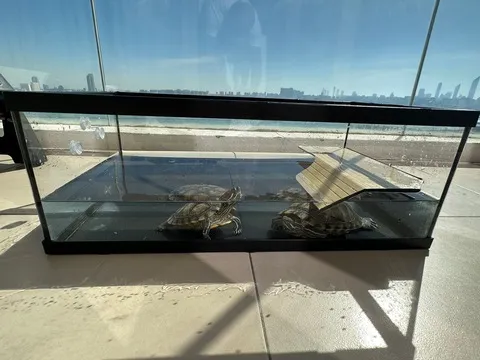
Owning a tarantula in Dubai involves understanding and adhering to local laws and regulations. The specific legal requirements can depend on the species, so it’s essential to verify this information. Permits may be required for certain species, and restrictions may be in place regarding the import and sale of tarantulas. It is crucial to obtain all the necessary documentation to avoid penalties. Owners should be aware of any health and safety guidelines that apply to exotic pet ownership. This may include recommendations for handling and storing tarantulas to minimize risks. Regular updates on local laws and regulations are important to ensure you remain compliant.
Finding Reputable Dubai Tarantula Sellers
Finding a trustworthy seller is crucial when buying a tarantula in Dubai. Look for pet stores and breeders with positive reputations and experience with exotic animals. Check online reviews and ask for recommendations from fellow tarantula keepers. Reputable sellers are knowledgeable about their tarantulas and can provide advice on care, species-specific needs, and any potential health issues. They should also be able to show you the tarantula’s history, including its age and origin. A good seller will prioritize the well-being of the animals. They should be willing to answer all your questions and provide ongoing support. This level of service is vital for ensuring a positive tarantula-owning experience.
Dubai Tarantula Care & Habitat
Creating a suitable habitat is essential for a tarantula’s well-being. The enclosure size depends on the tarantula’s size and species, but generally, it should be large enough for the tarantula to move around comfortably. The enclosure should have a secure lid to prevent escapes. It should include a substrate such as coconut fiber or peat moss, which helps maintain humidity. Provide a water dish for drinking and a hide or shelter, such as a piece of bark or a small cave. Maintain appropriate temperature and humidity levels based on the specific species’ needs. Regularly clean the enclosure by removing uneaten food and waste to maintain a healthy environment.
Setting Up Your Tarantula Enclosure
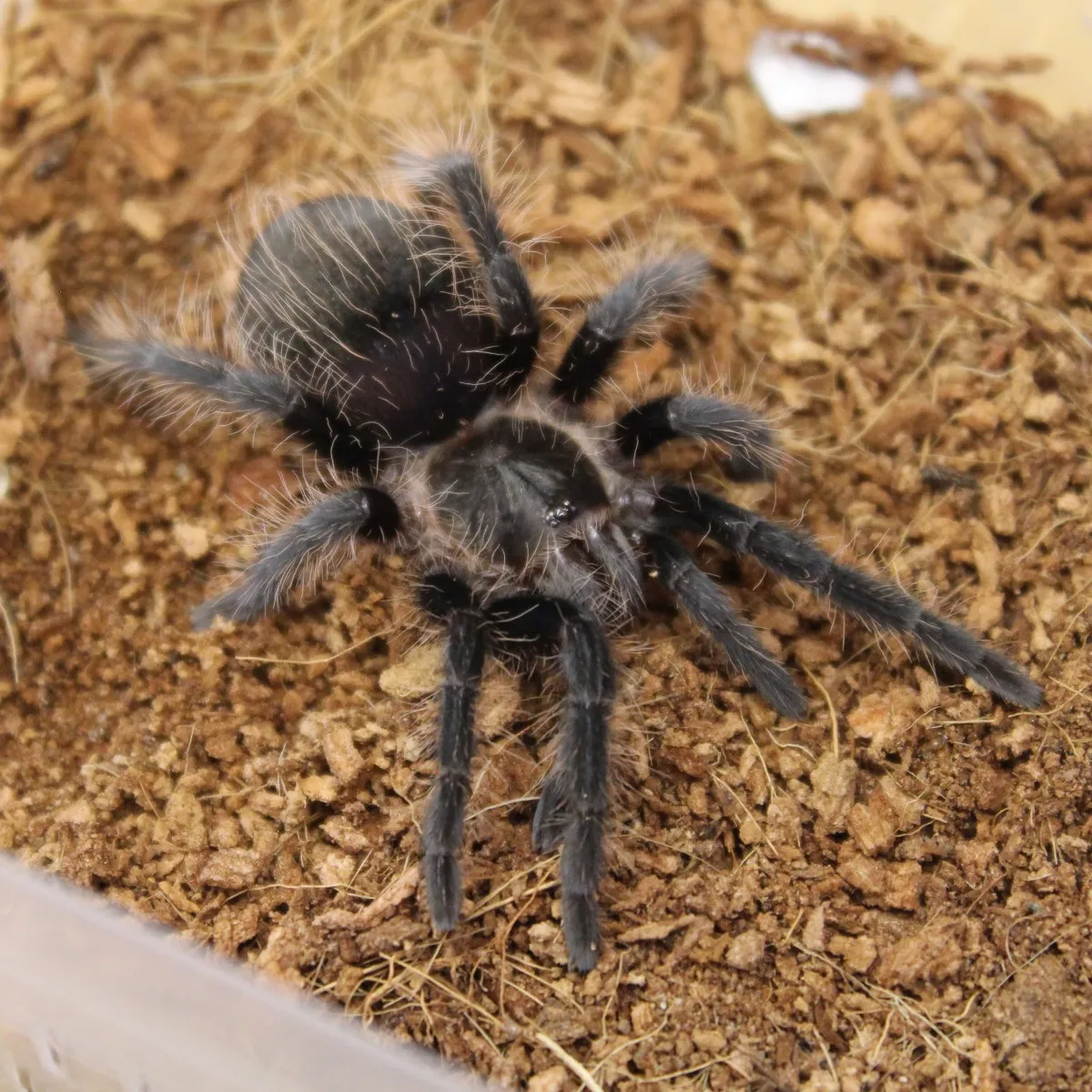
Setting up a tarantula enclosure involves careful planning to create a comfortable and safe environment. Select an enclosure made of glass or plastic, ensuring it is appropriately sized for the species. Add a substrate, typically coconut fiber or peat moss, to maintain humidity and provide a burrowing environment. Include a water dish and a hide, such as a piece of cork bark or a pre-made hide, for the tarantula to feel secure. Place a thermometer and hygrometer to monitor temperature and humidity levels accurately. Position the enclosure in a location away from direct sunlight and drafts. Regularly check the enclosure for any signs of mold or pests. This detailed setup helps provide an optimal habitat for your tarantula to thrive.
Feeding and Watering Your Tarantula
Feeding and watering your tarantula is critical for its health. Feed your tarantula live insects, such as crickets, mealworms, or roaches, depending on its size and species. The frequency of feeding varies depending on the tarantula’s age and metabolism, but typically, adults can eat once or twice a week. Remove any uneaten food within 24 hours to prevent mold and pests. Provide a shallow dish of fresh water at all times. The water should be replaced frequently to ensure cleanliness. Avoid overfeeding, which can cause health problems. Observe your tarantula’s eating habits and adjust feeding accordingly. This consistent care ensures your tarantula remains healthy and well-nourished.
Dubai Tarantula Handling & Safety
Tarantulas are generally not handled often, and it’s advisable to minimize handling to reduce stress for the tarantula and risk of injury. If handling is necessary, do so carefully and gently, and avoid sudden movements. Always wash your hands thoroughly before and after handling your tarantula. Keep children and pets away from the tarantula’s enclosure to prevent accidental interactions. If you are bitten, clean the bite area immediately with soap and water and monitor for any signs of allergic reaction or infection. Being mindful of these practices ensures your safety and the well-being of your tarantula.
How to Handle Your Tarantula Safely
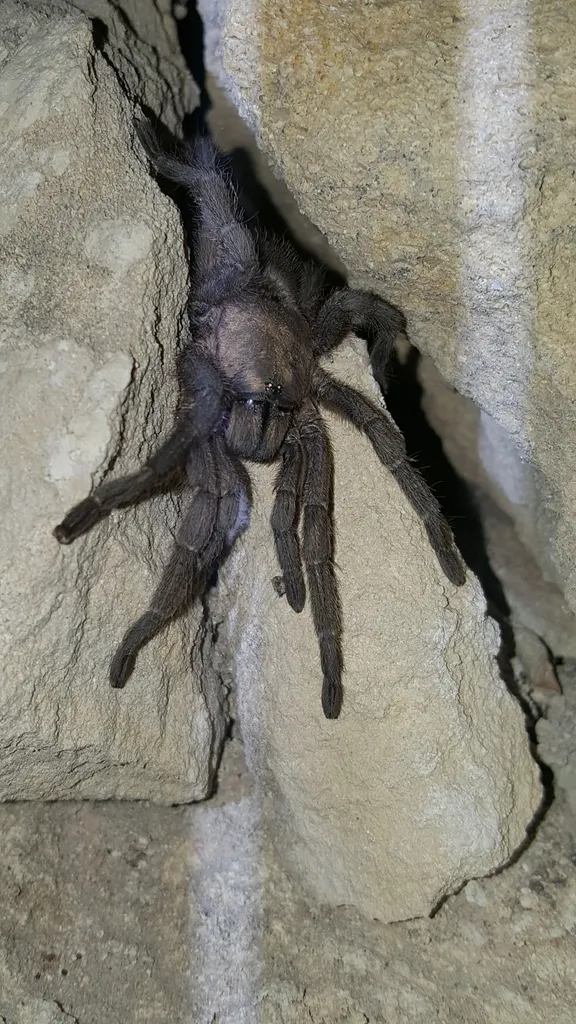
Handling a tarantula should be approached with caution, as bites can occur. If you choose to handle your tarantula, do so on a soft surface, close to the ground, in case it falls. Gently encourage the tarantula to walk onto your hand, avoiding sudden movements that could startle it. Do not squeeze or grab the tarantula. Be aware of the tarantula’s body language; if it appears agitated or defensive, it is best to leave it alone. Keep a close eye on the tarantula during handling, and be prepared to react if it tries to move away quickly. Always wash your hands before and after handling to minimize the risk of spreading bacteria.
Dubai’s Tarantula Health & Common Issues
Tarantulas can experience several health issues, and it’s essential to be able to identify these and provide appropriate care. Common problems include mites, mold, and dehydration. Mites can be treated by cleaning the enclosure and sometimes with specific treatments. Mold can be prevented by ensuring good ventilation and removing excess moisture. Dehydration can be avoided by providing a constant supply of fresh water. Watch for signs such as lethargy, loss of appetite, and unusual behavior. If you notice any health issues, consult with an experienced tarantula keeper or veterinarian specializing in exotic animals. Quick action can prevent issues from worsening.
Signs of a Healthy Tarantula
Identifying signs of a healthy tarantula is crucial for ensuring its well-being. A healthy tarantula is typically active and alert, especially during feeding times. It should have a good appetite and readily consume food. Its abdomen should be plump and full. The tarantula’s legs should move easily and not be contracted or stiff. The fangs and chelicerae should appear clean and intact. The tarantula should molt regularly, shedding its exoskeleton as it grows. If the tarantula is not molting and showing signs of illness, consult a veterinarian. Observing these signs helps identify and promptly address any potential health issues, ensuring the tarantula’s long-term health.
Dubai’s Tarantula Costs and Expenses
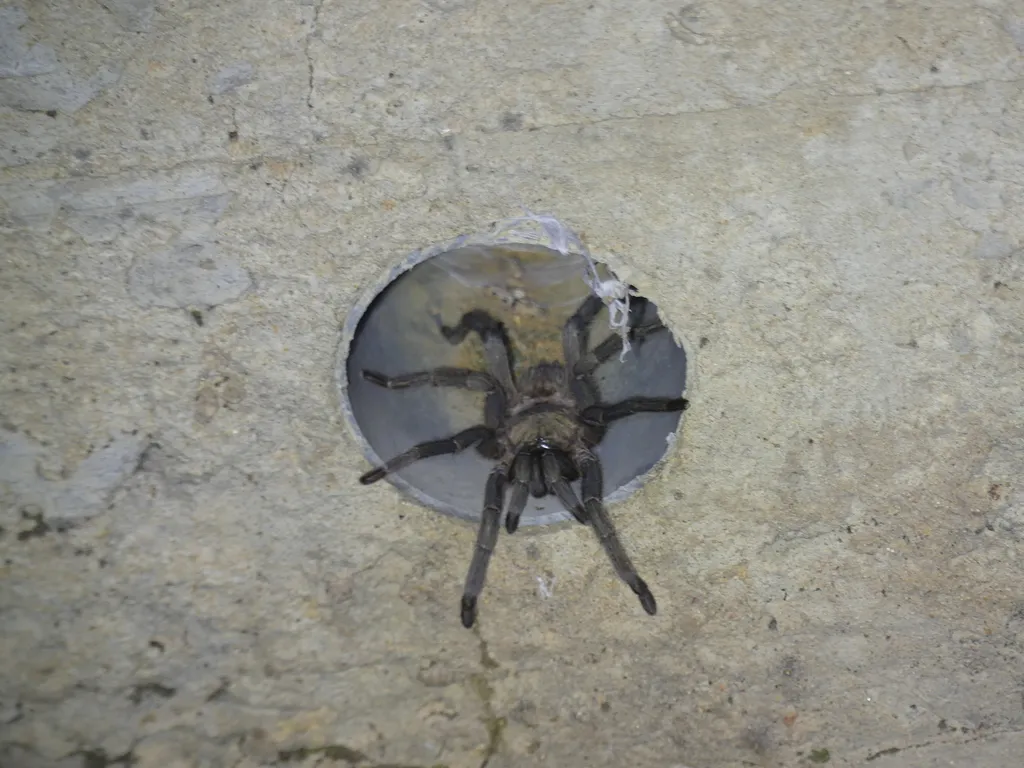
The cost of owning a tarantula in Dubai varies depending on the species, age, and size of the spider. Prices can range from a few hundred to several thousand dirhams for rarer or more sought-after species. Besides the initial purchase price, consider ongoing expenses such as food, substrate, and enclosure maintenance. You may also have to factor in costs for heating and lighting equipment to maintain the ideal environment. It’s essential to plan your budget and understand all the financial responsibilities before acquiring a tarantula. This preparation helps ensure that you can adequately care for your pet without financial strain. Ongoing costs will also include utilities.
Factors Affecting Tarantula Prices
Several factors influence the price of tarantulas for sale in Dubai. The species is a key determinant, with rarer or more exotic tarantulas commanding higher prices. The tarantula’s size and age also affect the cost, with larger, more mature specimens often being more expensive. The seller’s reputation and the tarantula’s health play a role, as sellers with a reputation for quality and healthy animals can charge more. Supply and demand dynamics in the local market also influence prices; popular species or those with limited availability might cost more. Being aware of these factors helps you to budget and make informed purchasing decisions. This also ensures that you are paying a fair price for a healthy animal.
Dubai Tarantula Ownership Responsibilities
Owning a tarantula comes with various responsibilities. You must provide a suitable habitat, including proper temperature, humidity, and substrate. Regular feeding and watering are essential. You must monitor the tarantula’s health and behavior, and respond to any potential health issues. It is crucial to research and understand the specific care requirements of the species you own. Proper and ethical ownership extends to ethical sourcing and responsible breeding, avoiding practices that might harm the animals. You should also be committed to providing the care needed throughout the tarantula’s lifespan, which can be many years. These responsibilities ensure that you are providing an enriching and safe environment for your pet.
Long-term commitment
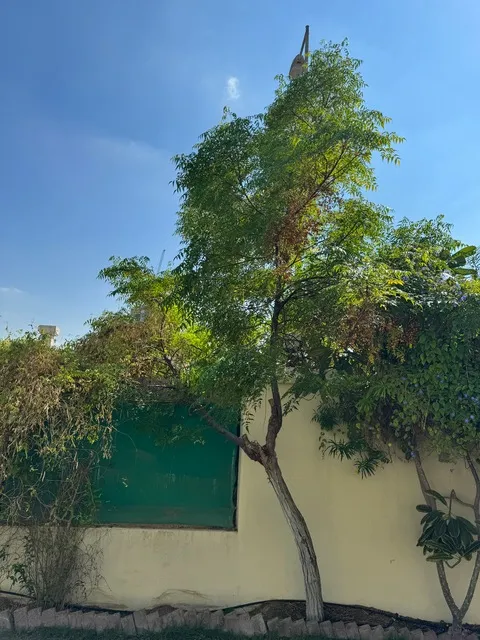
Owning a tarantula is a long-term commitment, as these creatures can live for several years, with some species living for over a decade. This means you must be prepared to provide consistent care throughout their life. This care includes feeding, cleaning the enclosure, and monitoring the tarantula’s health. Before acquiring a tarantula, ensure that you are ready and willing to provide the necessary resources and care. Think about what will happen if you move or if your circumstances change. Make plans for its care, even if you are traveling. Owning a tarantula requires patience and dedication. This commitment ensures that your pet has a good quality of life throughout its lifespan.
